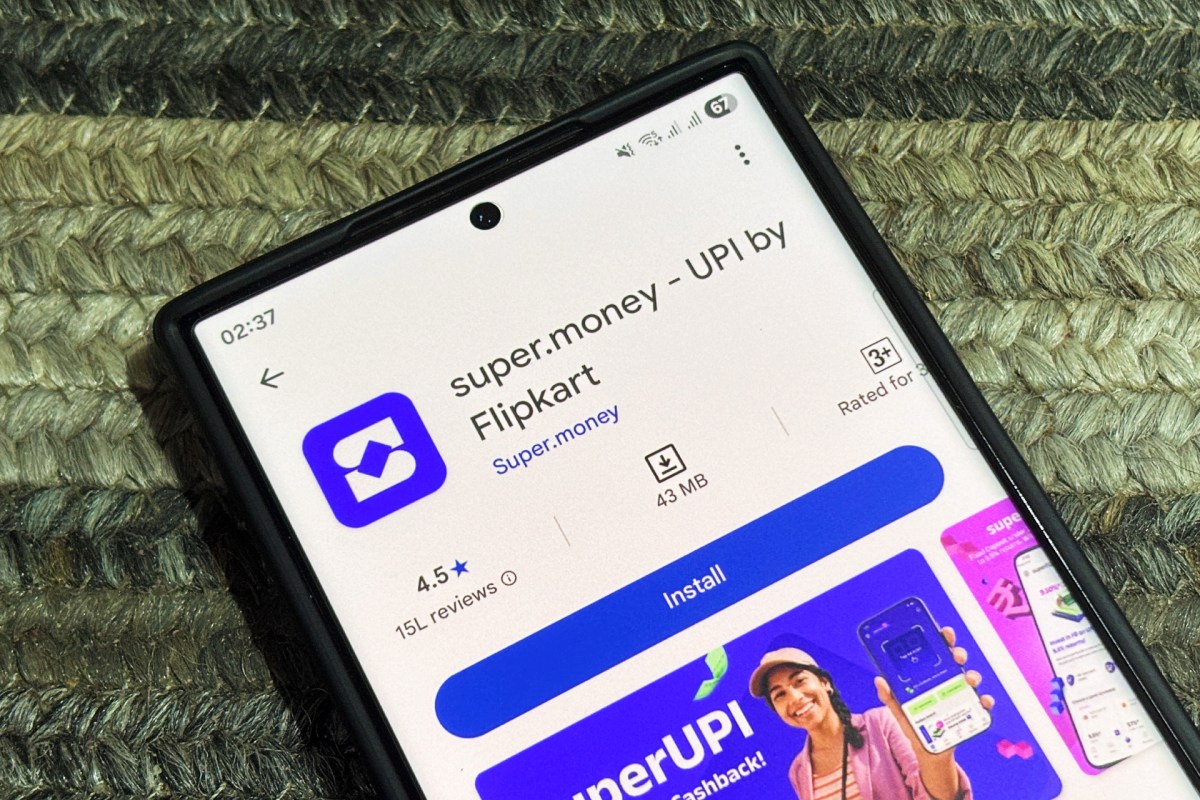Super.money Partners with Juspay to Enhance D2C Checkout Experience and Target $100 Million Revenue by 2026
Overview of the Strategic Partnership
Super.money, the financial services platform established as a spinoff from Walmart-owned Flipkart, has initiated a strategic collaboration with Juspay, a payments infrastructure firm. This partnership aims to enhance Super.money’s direct-to-consumer (D2C) checkout solutions as part of a broader plan to achieve $100 million in annual revenue by 2026.
Introduction of Super.money Breeze
As part of this initiative, Super.money recently unveiled its new D2C checkout solution, branded ‘Super.money Breeze.’ This innovative product offers merchants a streamlined one-click checkout experience, designed to expedite online transactions by eliminating the need for one-time passwords and repetitive logins. While the company has not officially named any technology partners in their announcement, sources have confirmed that Juspay is on board to support Super.money’s payment infrastructure.
Expanding Market Reach and Visibility
The partnership is poised to broaden Super.money’s reach, attracting D2C brands and enhancing its visibility beyond Flipkart’s existing customer base. Although Super.money currently benefits from the extensive distribution network of Flipkart, the launch of this checkout product signifies a clear intention to establish its own identity within the larger e-commerce landscape.
Juspay’s Recovery Efforts
For Juspay, this collaboration holds particular importance as the firm seeks to rebuild its position in the market following challenges earlier this year with prominent payment companies. In January, Juspay faced obstacles when major players, including Razorpay and Cashfree Payments, encouraged merchants to utilize their proprietary payment processing solutions, leading to a significant loss of clientele. This situation has had a direct impact on Juspay’s fundraising endeavors, with its most recent funding round coming in at $60 million, considerably less than the anticipated $100 million.
Historical Context and Current Market Landscape
Once a favored backend support system for payment aggregators, Juspay’s reputation was bolstered by its ability to minimize transaction failures through an advanced payment routing platform. The company maintains a notable partnership with Amazon and received a payment aggregator license from the Reserve Bank of India last year. However, with increased competition in India’s dynamic digital payments sector, various players, including PhonePe, are increasingly opting to minimize reliance on third-party services.
Super.money’s decision to align with Juspay represents a deviation from the prevailing trend of payment service providers developing their own infrastructures. Nonetheless, this partnership provides Super.money a streamlined pathway to D2C integration without the complexities involved in building a comprehensive payment system from the ground up.
Super.money’s Growth Trajectory
Since its launch as a payment application in June 2024, Super.money has quickly ascended the ranks to become one of India’s leading UPI (Unified Payments Interface) applications, processing over 200 million transactions monthly, as reported by the National Payments Corporation of India. The app has made significant strides, surpassing established private banks and fintech entities like Amazon Pay and CRED in terms of transaction volume.
Additionally, Super.money has emerged as a preeminent issuer of secured credit cards in India, securing a 10% market share in this niche segment. These cards, which require customers to make a deposit, are distributed in collaboration with Utkarsh Small Finance Bank, and the company is exploring opportunities to further expand its offerings.
Future Aspirations and Financial Targets
So far, Super.money has issued approximately 300,000 secured credit cards, adding an estimated 50,000 new cards each month. This secured card segment is pivotal for Super.money’s strategy to transition users from low-margin UPI transactions to more profitable financial products, such as credit cards and consumer loans.
While the company abstains from charging for UPI transactions, it leverages the transaction volume to attract users and promote higher-margin offerings. Unlike many competitors, Super.money maintains a low burn rate, capitalizing on Flipkart’s existing user base rather than investing heavily in marketing.
Flipkart’s continued financial support for Super.money, amounting to $50 million, is part of a renewed focus on fintech initiatives after the official spinoff of PhonePe in 2023. With aspirations to raise external funding at a valuation of $1 billion in the coming year, Super.money is on track to achieve an estimated $30 million in annual recurring revenue by the end of 2025, with ambitions to triple this figure by 2026.
Conclusion
As Super.money embarks on this ambitious journey, it faces substantial competition from established entities such as PhonePe, Google Pay, and Razorpay, all of which are enhancing their own payment infrastructures. The upcoming period will be critical for Super.money to effectively translate its UPI transaction volume into sustainable revenue streams, determining its future success in the fintech domain.
For further information or inquiries, comments from Flipkart, Super.money, or Juspay representatives were not forthcoming at the time of this publishing.




